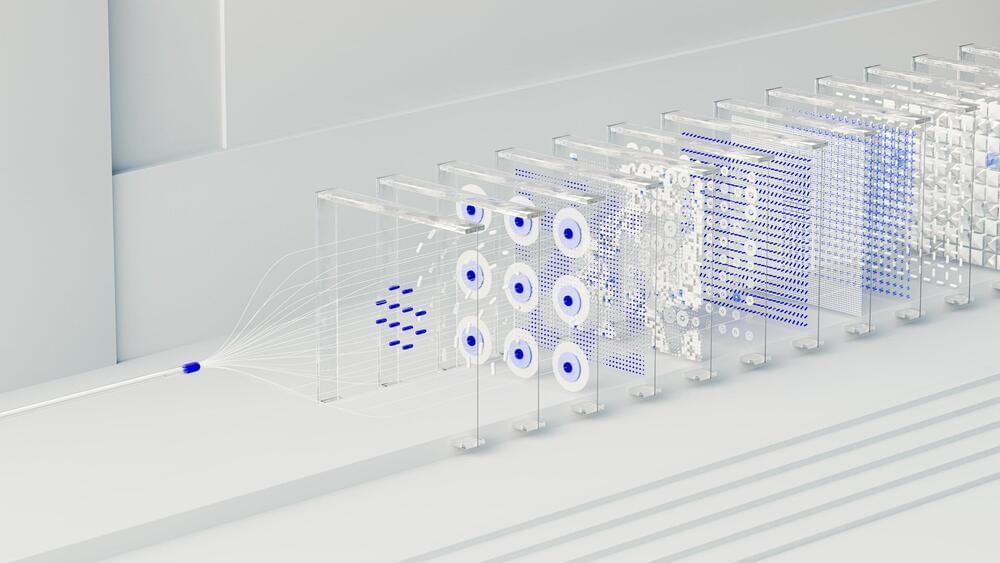Thanks to an algorithm created by an Idaho State University professor, the way engineers, doctors, and physicists tackle the hard questions in their respective fields could all change.
Emanuele Zappala, an assistant professor of mathematics at ISU, and his colleagues at Yale have developed the Attentional Neural Integral Equations algorithm, or ANIE for short. Their work was recently published in Nature Machine Intelligence and describes how ANIE can model large, complex systems using data alone.
“Natural phenomena–everything from plasma physics to how viruses spread–are all governed by equations which we do not fully understand,” explains Zappala. “One of the main complexities lies in long-distance relations between different data points in the systems over space and time. What ANIE does is it allows us to learn these complex systems using just those known data points.”






